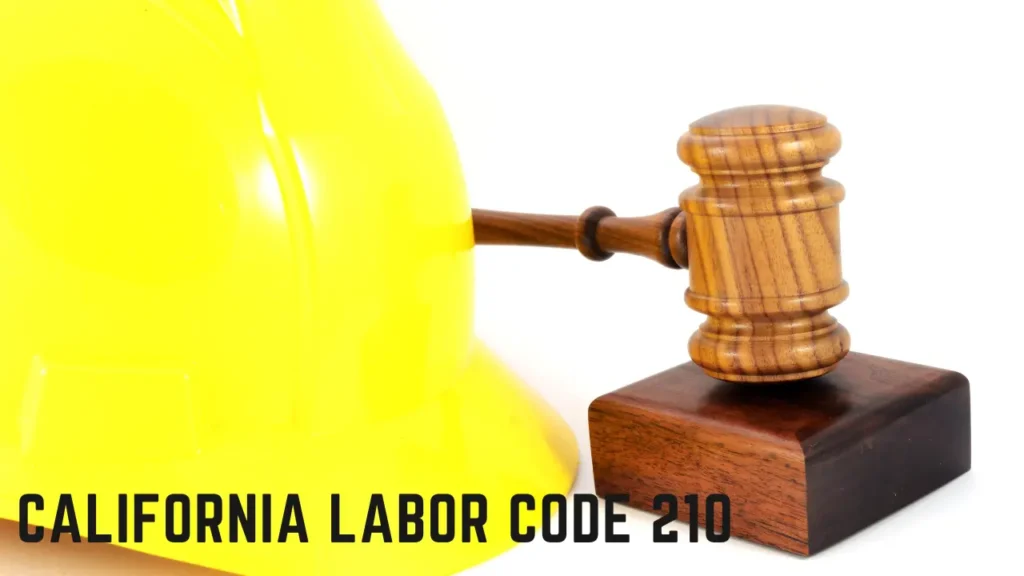Table of Contents
ToggleBalancing the employee’s indisputable right to utilize accrued sick days against potential misuse is a complex task. Add to this the intricacies of the Family and Medical Leave Act (FMLA), obligations regarding disability accommodations, and HIPAA privacy rights, and the matter becomes even more multifaceted.
The repercussions of failing to provide a doctor’s note, including the risk of wrongful termination, highlight the need for informed legal counsel in situations where employee rights could be at stake. In this context, a deeper analysis of the topic is both timely and necessary.
California Employment Law Context
When it comes to the intersection of California employment law and the requirement of doctor’s notes, the legal landscape remains somewhat nebulous.
California law does not explicitly mandate employers to require a doctor’s note for sick leave. However, some employers still insist on it.
Despite the lack of clarity, certain legal protections are in place for employees. Employers are prohibited from denying an employee’s right to use accrued sick days or retaliating against them for doing so. Furthermore, employers are obligated to allow the use of sick time for a variety of reasons, such as personal illness, care for a sick family member, or preventative care.
This ambiguity necessitates careful navigation by both employers and employees.
FMLA and Doctor’s Notes
Beyond the complexities of state laws, federal provisions such as the Family and Medical Leave Act (FMLA) also articulate certain guidelines regarding the necessity of doctor’s notes.
Under the FMLA, employers can request medical certification from a healthcare provider to justify an employee’s need for leave due to a serious health condition, either for the employee or a family member. The certification should include the date the condition began, its expected duration, and relevant medical facts. It may need to be updated periodically, as requested by the employer.
Though the FMLA provides some protection against unjust dismissal, it is crucial for employees to understand these provisions and for employers to comply with them, ensuring a fair and supportive work environment.
Disability Accommodations and Doctor’s Notes
In the context of disability accommodations at the workplace, employers in California have the right to require a doctor’s note to validate an employee’s need for specific adjustments. This note should ideally provide a detailed account of the disability, its impact on the employee’s ability to perform their job, and suggestions for necessary accommodations.
It’s crucial that the medical certificate bears the credentials of the issuing physician, confirming their authority to make such assessments. While this requirement might seem stringent, it is intended to ensure a fair process for all employees, discouraging fraudulent claims.
Notably, this policy must be uniformly applied, avoiding any discriminatory practices. Employers must, therefore, tread carefully to respect employee rights and maintain compliance with the Americans with Disabilities Act (ADA).
HIPAA Privacy Rights and Doctor’s Notes
Shifting our attention to another critical aspect, the Health Insurance Portability and Accountability Act (HIPAA) has particular implications for the use of doctor’s notes in the workplace. Employers requesting medical information must balance their need for information with their employees’ right to privacy.
- HIPAA and doctor’s notes:
- HIPAA restricts the sharing of protected health information without patient’s consent.
- A doctor’s note can be requested by an employer, but it should contain only necessary work-related information.
- Employee rights under HIPAA:
- Employees have a right to privacy regarding their medical information.
- If more detailed information is needed, the employer should obtain the employee’s consent.
HIPAA ensures that employee health information is safeguarded, while still allowing employers to obtain necessary work-related information.
Consequences of Withholding Doctor’s Notes
Understanding the potential repercussions of failing to provide a doctor’s note when required is crucial for both employers and employees in California. Withholding a doctor’s note can lead to severe consequences, including possible termination of employment. If a company’s policies stipulate that a doctor’s note is required and an employee fails to provide one, the employer may have grounds for dismissal.
Under the Americans with Disabilities Act (ADA), employers can demand a doctor’s note for disability accommodation. However, if an employer terminates an employee without a legally valid reason to require a doctor’s note, it could be considered wrongful termination. If employees feel their rights have been violated, they should seek legal advice.
It’s important to understand the implications of not providing a doctor’s note when required.
Conclusion
In conclusion, the complexities surrounding the requirement of a doctor’s note in California employment law necessitate a thorough understanding by both employers and employees.
The interplay between FMLA, disability accommodations, and HIPAA privacy rights adds layers of intricacy.
The potential repercussions of withholding a doctor’s note, including wrongful termination, highlight the importance of legal counsel.
Ultimately, a balance must be struck between an employer’s right to verify illness and an employee’s right to privacy.
















